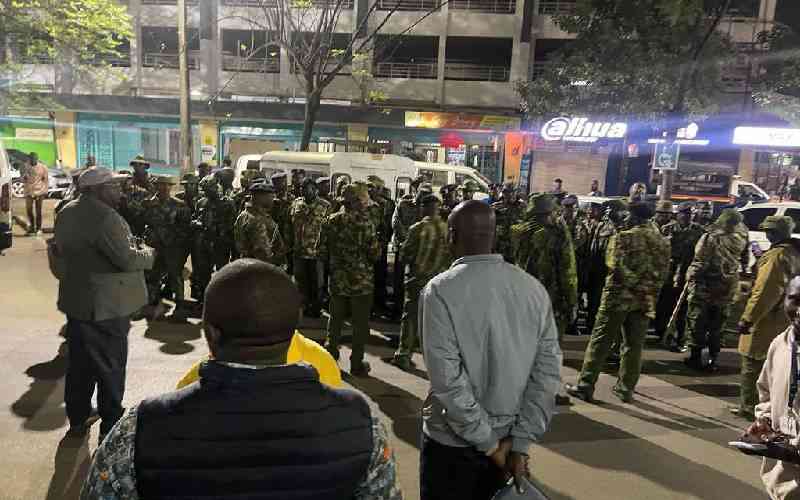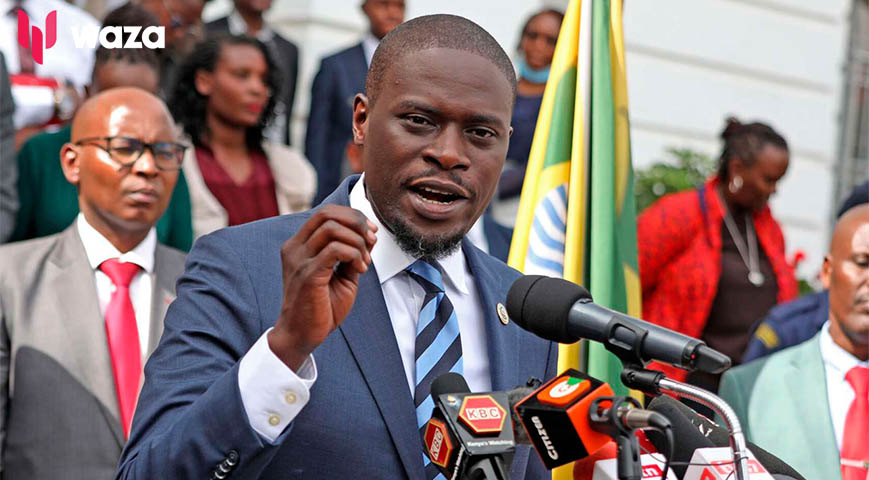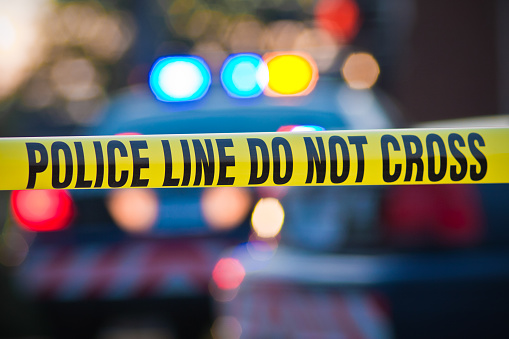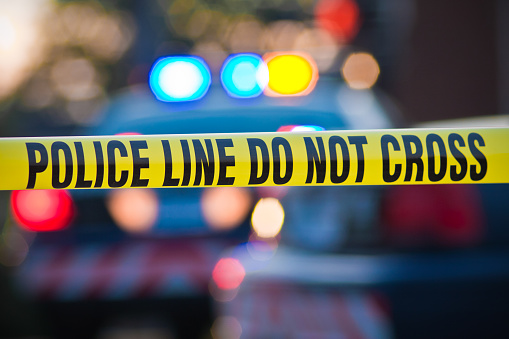In response to questions regarding regulating alcohol outlets, Nairobi Governor Johnson Sakaja said that just 30% of the city's estimated 13,000 outlets hold a license.
Speaking at a meeting with leaders of the Bar Owners Association on Tuesday, November 21, Sakaja emphasized the safety risks associated with unlicensed establishments and connected them to the spread of illegal alcohol sales.
Furthermore, the Governor declared intentions to designate areas for nightclubs to safeguard residential areas and foster a business-friendly atmosphere.
“I am impressed as road users are safe, and noise complaints have significantly reduced except for a minority who were yet to comply,” Sakaja said.

Did you read this?
To get input from interested parties on the recently passed Nairobi County Finance Act, Sakaja also established a committee.
The Alcoholic Drinks Control and Licensing Act of 2014 was amended by the act, which was signed into law in October 2023. One of the changes was an increase in the annual license fee for alcoholic beverages from Ksh.25,000 to Ksh.100,000.
He mentioned that the people who took part in the increment were in favor of it to reduce drug and alcohol abuse.
"Although similar acts have occurred in the past five years, this is the most extensive. At the City Hall bill signing, Sakaja stated, "A plan for the collection and money for the county's revenue; your money for your services."

Additionally, constructive communication within the liquor business community was encouraged by Deputy Governor Njoroge Muchiri, who was present at the meeting.
Within a week, the committee is supposed to deliver its report.
With the passage of the Finance Act into law in October, the County Government will have Ksh.19.9 billion in own-source revenue by June 30, 2024, thanks to the introduction of new levies.
The act also introduced parking zones with tailored rates based on the number of hours parked.








